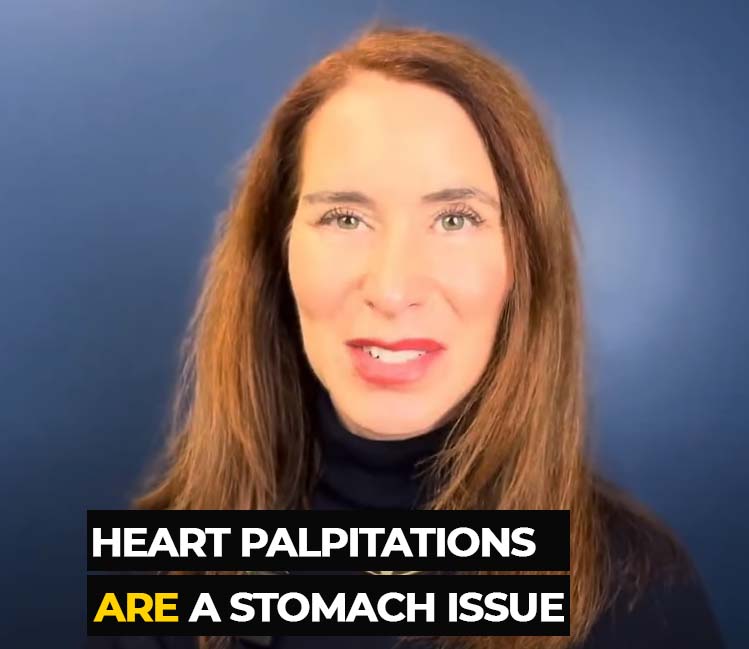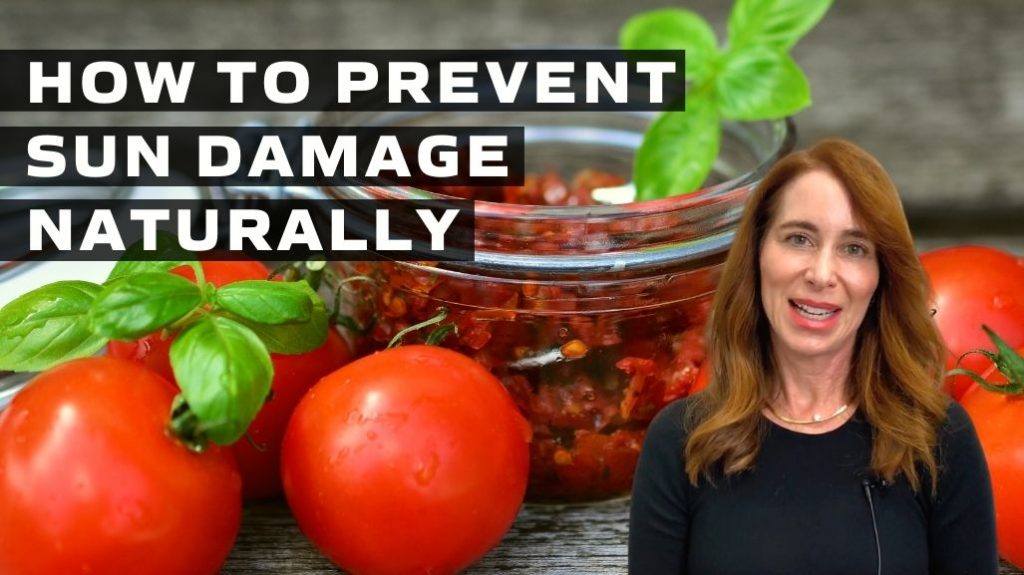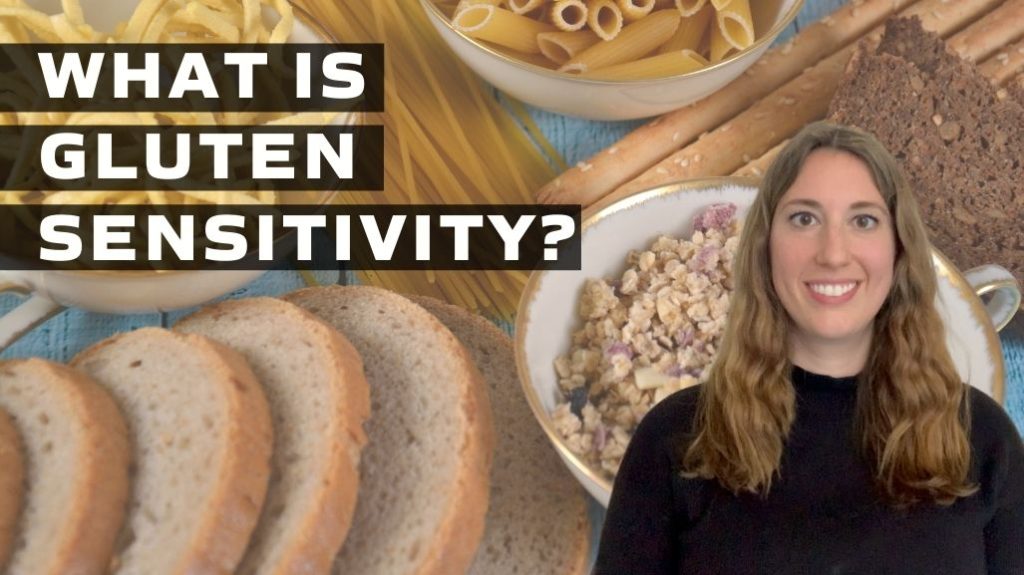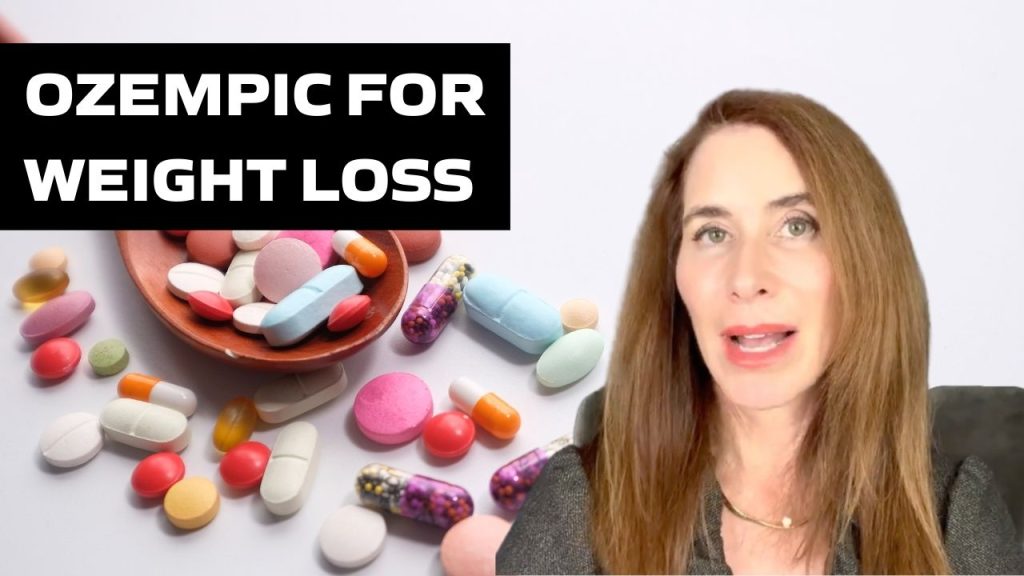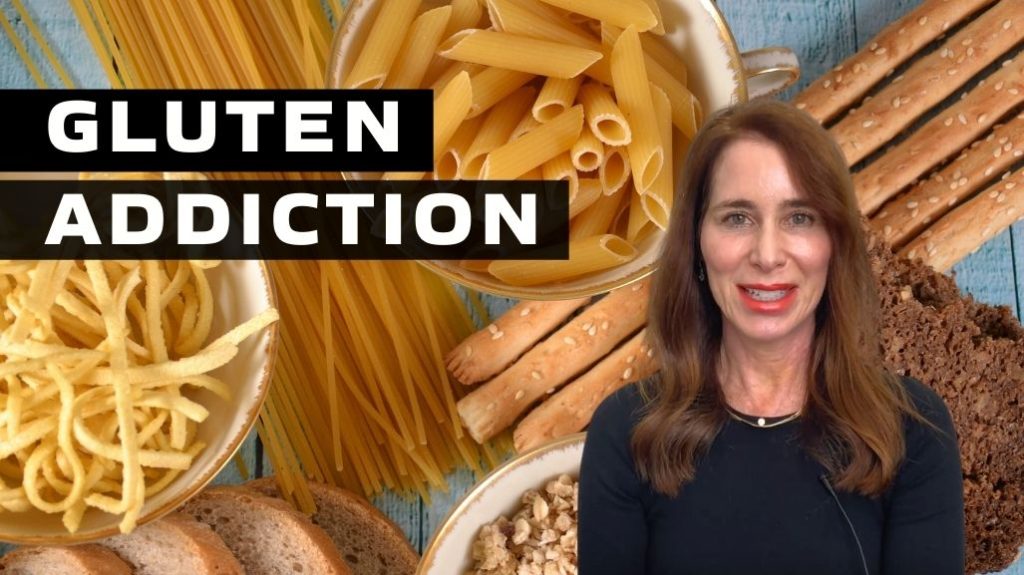Is Sugar Really Bad For You?
Why do we love sugar?
What you will learn about
Food is life; food is pleasure, and nothing rivals the taste of sweet.
Sweet tasting foods historically were “safe”. There is probably no food that is both sweet and toxic, therefore we evolved to understand that sweet meant safe. That was fine when we found fresh fruit and berries in summer and fall, but today sugar is overly abundant, high in calories while lacking any nutritional value.
There’s a part of your brain, the pleasure center, that is stimulated by sweet. So over and above stimulating your taste buds, the enjoyment of sweet goes farther and deeper, right into your brain.
We eat 40X more sugar than we used to
Our love affair with sweet has taken a dark and sinister turn. In 1776 each American consumed about 4 pounds of sugar per year, this number ballooned to 120 pounds by 1994 and has continued to explode; currently, our intake is estimated to be about 160 pounds.
Concurrently we have seen a shift in the diseases that claim the most lives. At the turn of the 20th century, it was infectious diseases; now it’s degenerative lifestyle diseases, namely heart disease, cancer, diabetes, and autoimmune disease that are killing the majority of Americans.
Is there a relationship between sugar consumption and degenerative disease?
The answer seems to be a clear affirmative. Even worse, the sugar consumption of our children is putting them at risk of disease younger and younger.
The World Health Organizations urges us to avoid added sugars in foods, attributing 14 million deaths annually from degenerative diseases to the “sweet monster”.
The sugar and soda industry is not happy about research unveiling the unhealthy threat sugar poses. The director-general of a front group, World Sugar Research Organization, was quoted as saying, “Overconsumption of anything is harmful, including water and air.” It’s not surprising that the industry wants to protect itself, but to compare the epidemic sugar problem with the overconsumption of air is pretty ridiculous, I think you’d agree.
Industry sugar is where the real culprit lies
It’s really not the sugar you personally add to your food that has created the danger. It’s the sugar added to pre-packaged pre-prepared foods and beverages.
Consider the 15 teaspoons of sugar in a single can of soda. Would you ever add 15 teaspoons of sugar to anything? Maybe 1 or 2 in your coffee, another 1 in your oatmeal, but 15? Never. Yet we and our children readily get exposed to these hidden amounts on a daily basis and it’s averaging 34 teaspoons per day per American.
High fructose corn syrup linked to fatty liver disease
High fructose corn syrup is particularly bad and should be avoided completely. Why? One of the biggest reasons is how fructose affects the liver. As high fructose corn sweeteners increased in our diet, so did a condition that basically didn’t exist prior to three decades ago – fatty liver disease.
Fatty livers were associated with alcoholics. Once it was clear that more and more people were developing it, despite no issue with alcohol, a new disease was named – non-alcoholic fatty liver disease, a global concern.
High fructose corn syrup linked to leaky gut
High fructose corn syrup is “free fructose” meaning not bound to glucose the way regular sugar is. The nature of free fructose is it is absorbed readily but it requires energy from the gut to do so. This sapping of energy is believed to challenge the very structure of the lining of your intestine.
The result is called leaky gut, where the integrity of the lining of the small intestine is compromised, allowing potential infectious agents, toxins and partially digested food to leak into your bloodstream. Leaky gut can be the source of autoimmune disease, generalized inflammation, and an initiator of a variety of degenerative diseases, including heart disease, cancer, and diabetes.
Children and adults alike can suffer from a leaky gut.
Excess sugar linked to the following:
- Tooth decay and gum disease – linked to heart disease later in life
- Hyperactivity
- Risk of obesity
- Risk of type 2 diabetes -one in four teens have pre-diabetes of type 2 diabetes. Teens with diabetes were unheard of just 30 years ago.
- Risk of cancer
- Weakened immune system
- Cold symptoms – runny nose, excess mucus, cough
- Allergy symptoms
- Croup-like symptoms
- Acid reflux
Sugar weakens the immune system
Sugar is known to weaken the immune system. Studies reveal up to 50% decrease the ability of the white blood cells to destroy bacteria and kill germs after consuming refined sugar. Such suppression can last up to 5 hours. If your child is eating sugar at most meals; their immune system is constantly suppressed.
Complex carbohydrates found in whole fruit, grains, and beans did not have this negative effect on the immune system. Complex carbohydrates are full of fiber, vitamins, and minerals, and their unrefined nature has them metabolized in a slow, healthy way, unlike added sugars and processed simple carbs which contain no nutritional value, are stripped of all fiber and enter your bloodstream like a freight train.
Fortunately, my children rarely became ill but when they did they knew that zero sugar was coming their way until they were well again.
We taught them that sugar “feeds the bad bugs” and while it was easy to understand the explanation for a child, it’s factually true. Bacteria, yeast, and all inhospitable organisms love sugar, so the last thing you want to do is feed them.
Cancer cells love sugar
Cancer cells too fall in this category. There is irrefutable evidence that sugar promotes cancer cell growth. The pathway the contributes to cancer requires sugar and cancer cells simply love sugar. In fact, if you starve cancer cells of sugar, they die.
Is the conclusion “moderation” or “elimination?
No pun intended but there’s no way to sugar-coat how bad added sugar actually is.
In the final analysis, does that mean zero? It could and you’d likely function better because of it.
Could it also mean, just a little? I believe so, depending on your health status.
Defining “a little” as not more than 12 grams of added sugar or 3 teaspoons per day I believe is fine for most.
You know if you’re the type who has a little and it sets off intensive cravings. If so, you’re better to stick with naturally occurring sugar in fruits and keep that in moderation as well.
Are you ready to get healthy?
The bottom line is that you want to be healthy, right?
And you’re likely frustrated that your health isn’t as good as you’d like.
That’s why we’re here. Your body is designed to function optimally; it can heal with the right help.
Our programs are tailored to you; they address the exact imbalances creating your symptoms.
If you’re not feeling your best, don’t put up with it. You’re not “too old” or “destined” because of your genetics.
Contact us for a Free Consultation – Call (408) 733-0400.
If you are not local to us you can still receive help; our Destination Clinic treats patients from across the country and internationally.
We help the world’s busiest people regain, retain, and reclaim their health, energy, and resilience.
If you liked this blog please share it with friends and family.
Ask a Doctor
Have a health concern you'd like to speak with a doctor about? Or just want clarity on a subject? Ask Us!

